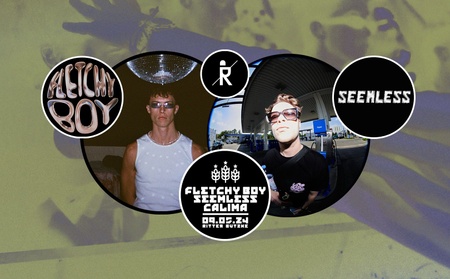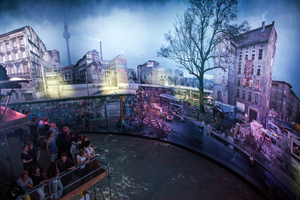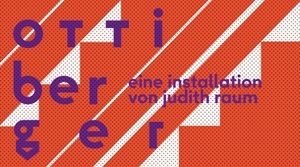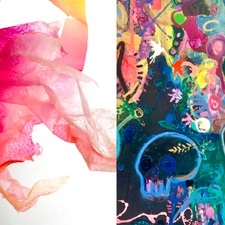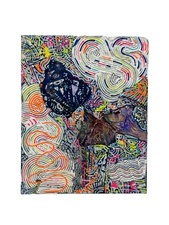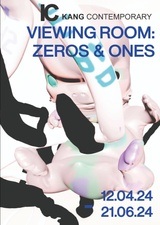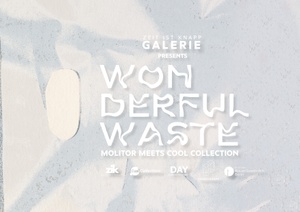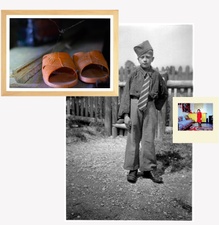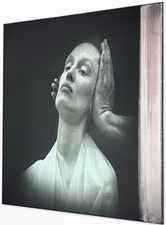Ari-Arirang Korea – Faszination für ein verschlossenes Königreich
In the organizer's words:
In this exhibition, the Ethnologisches Museum and the Museum für Asiatische Kunst im Humboldt Forum are presenting for the first time a comprehensive presentation of the Ethnologisches Museum's hitherto little-known Korean holdings.
Around 120 works, including works by contemporary female artists, convey an impression of the rich Korean culture from the 19th century to the present day and testify to Germany's interest in and fascination with Korea since the 1870s.
2023 marks the 140th anniversary of official diplomatic relations between Germany and Korea.
The title of the exhibition quotes the identity-forming Korean folk song "Arirang", rare recordings of which from German prisoner-of-war camps during the First World War can be found in the Ethnological Museum's phonogram archive. Two of these recordings - longing songs by young Russian-Korean men from 1916/17, addressed to their homeland - are presented in the exhibition tour in the form of audio stations.
Joseon period (1392 to 1910)
The exhibition tour, which runs from the 19th century to the present day, begins with an introduction to the complex Korean society during the Joseon Dynasty (1392 - 1910).
Using selected items from the Ethnological Museum's Korean collection, the exhibition explores the social values that continue to have an impact to this day, with in-depth sections devoted to topics such as state-supporting Neo-Confucian scholarship, the military and the social role of women.
The latter is characterized by the rigid Neo-Confucian ethics of the Joseon period, which strengthened the patriarchal system, for example by prohibiting remarriage after widowhood or reserving inheritance rights exclusively for male descendants.
Land of hats
One focus of the Berlin Korea collection is on Joseon-period hats, for which Korea, known in 19th century travel literature as the "Land of Hats", was famous.
With an expansive hat landscape, the exhibition presents the diversity of these hats and shows what they stood for.
It also spans the arc into the present with hats made especially for the exhibition by Berlin-based artist and fashion designer Fiona Bennett, whose creations are worn by celebrities worldwide and have already graced the cover of Vogue.
It illustrates the extent to which the technically elaborate Korean hats continue to fascinate the hat-making trade, which is almost extinct in Germany.
Bennett's hats themselves are made to speak in the exhibition and tell of their eventful lives in a fascinating way as "Talking Hats" in an audio statue.
Korean mask theater
Another chapter of the exhibition is dedicated to masks from various regions of Korea, which have preserved their tradition of humorous and satirical mask theater and dance to this day.
The tradition of mask theater dates back in part to the early Silla period (668 - 935). The focus is on criticism of the social elite.
The masks embody, for example, apostate clergymen such as a sinful, scabies-ridden Buddhist monk or immoral aristocrats and amuse in satirical and socially critical plays conceived by the people for the people. Some of the masks are also used in rituals for good harvests and to ward off demons.
Korean painting yesterday and today
The exhibition also offers a rare opportunity to admire the finesse of Korean portrait painting with loans from the National Museum of Korea.
The four hanging scrolls, of which only two will be on display at any one time for conservation reasons, show images of well-known Joseon-era scholars with the typical attributes of the time. The modern paintings by Bae Unseong and the "Berlin Cycle" by artist Yerin Hong deal with themes of identity and homeland.
A supporting program of guided tours, lectures and artist talks accompanies the exhibition.
Research project on the Korean collection of the Ethnological Museum
A research project funded by the Overseas Korean Cultural Heritage Foundation and carried out between January 2021 and December 2022 under Henriette Lavaulx-Vrécourt and Claudius Kamps from the Ethnologisches Museum and under the direction of Professor emeritus Jeong-hee Lee-Kalisch, Freie Universität Berlin, to reappraise the museum's Korea collection forms the scientific basis of the exhibition.
The exhibition project is sponsored by the Embassy of the Republic of Korea, the Korean Cultural Center, the Korean Foundation for International Cultural Exchange and the National Museum of Korea.
- free of charge
- Museum of Asian Art, 3rd floor
- Languages: German/English
- from 13.10.2023-15.07.2024
- Opening hours: Wed-Mon 10:30-18:30, closed on Tue



